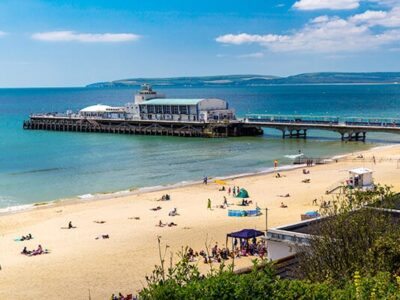Whilst making your own Will, or having a will-writer make it for you, may seem like a cheaper or easier option for some, we cannot stress the importance and value of having a specialist solicitor make it for you. It’s a legal document and any mistakes could lead to huge amounts being lost to Inheritance Tax, some of your estate not being fully disposed of or your wishes being rendered invalid.
Why do you need to make a Will?
- To ensure your money, property and possessions end up with the people you choose after your death.
- To make sure your children are cared for, in the event of your death, before they reach 18 by appointing guardians.
- To make sure your estate does not pay any more Inheritance Tax than necessary.
- To appoint the executors that you trust – your executors must follow the instructions in your Will after your death and will oversee the distribution of your assets to your beneficiaries.
What happens if you don’t make a Will?
If you die without making a Will (called dying “intestate”), or your Will fails because it has not been prepared correctly, then the law sets out who will inherit your assets according to a strictly ranked list of relatives. This may result in your family paying more Inheritance Tax at the time of your death than necessary and a distribution of your assets which does not reflect your wishes. If you don’t have any family then ultimately the Crown would receive your assets.
Here to help
Our specialist teams can provide full service legal advice and assistance, providing practical and cost-effective solutions.
Specialist Will Solicitors
Our Will Solicitors are experts in writing Wills for individuals, couples, couples in second marriages, and people with children from previous relationships and business owners. We recommend that alongside your Will you put in place Lasting Powers of Attorney which are a crucial part of your lifetime planning; appointing the people you trust (your Attorneys) to manage your financial affairs and your health & welfare if you become unable to through incapacity.
Get in touch with an expert Will solicitor to find out how our specialist advice and guidance could help you throughout the process of making your Will.
FAQs
What does an executor have to do?
In short, an Executor is the deceased’s legal representative after their death. They are responsible for carrying out the deceased’s instructions as per their Will. The Executors make arrangements for the funeral, determine whether Inheritance Tax is due and may have to apply for a Grant of Probate They should sell the deceased’s assets and pay off the liabilities. Then they pay the inheritance to the Beneficiaries named in the Will. This process is called “administering the Estate”. The Executors should prepare a set of “Estate Accounts” which is a document that provides a financial overview of the administration of the Estate.
How do I become executor of an estate without a Will?
Where there is no Will, it will be necessary to appoint an Administrator. An Administrator has the same role of an Executor in circumstances where there is no Will or the Executor appointed in a Will cannot act. A person is eligible to appointed as an Administrator of the estate if they have an entitlement under the rules of intestacy. There is a list of people who will be entitled under intestacy which depends on which family members are surviving. For example, if a spouse is surviving they have first refusal to act as the Administrator; if a person has no spouse/civil partner, the deceased’s children will have first refusal to act as Administrator.
Can an executor of a Will change a Will?
No, an Executor must comply with the terms of the Will and distribute the estate to the beneficiaries in accordance with the Will.
Our Experts
Our offices

Bournemouth
302 Charminster Road Bournemouth Dorset BH8 9RU 01202 525333































